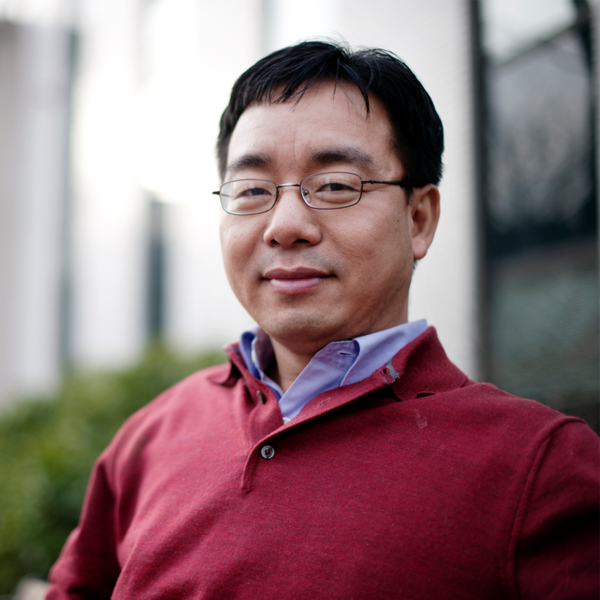About Yunrong Chai
Bacterial biofilms are medically and environmentally significant. We are interested in understanding fundamental mechanisms controlling bacterial biofilm formation and the role of beneficial biofilms in bacteria-host interactions. We are also interested in inhibitory mechanisms targeting key processes during bacterial biofilm development. We use Bacillus subtilis and other related Bacilli species as model systems.
Institutes, Labs & Research Centers
Yunrong Chai’s Lab
Biology
Biochemistry
Yunrong Chai’s lab is interested in understanding fundamental mechanisms controlling bacterial biofilm formation and the role of beneficial biofilms in bacteria-host interactions. They are also interested in inhibitory mechanisms targeting key processes during bacterial biofilm development.
Faculty
Publications:
-
Google ScholarRead
-
Yan F, Yu Y, Gozzi K, Chen Y, Guo JH, and Chai Y. (2017) A genome-wide investigation on biofilm formation and biological control in Bacillus cereus. Applied and Environmental Microbiology. 83(13):e00561-17.Read
-
Gozzi K, Ching C, Paruthiyil A, Zhao Y, Godoy-Carter C, and Chai Y. (2017) Bacillus subtilis utilizes the DNA damage response to manage multicellular development. npj Biofilms and Microbiomes. 3:8.Read
-
Gao T, Greenwich J, Li Y, Wang Q, and Chai Y. (2015) The bacterial tyrosine kinase activator TkmA contributes to biofilm formation largely independent of the cognate kinase PtkA in Bacillus subtilis. Journal of Bacteriology. 197:3421-3432.Read
-
Chen Y, Gozzi K, Yan F, and Chai Y. (2015) Acetic acid acts as a bacterial volatile signal to trigger biofilm formation. mBio. 6:e00392.Read
-
Subramaniam AR, DeLoughery A, Bradshaw N, Chen Y, O’Shea E, Losick R, and Chai Y. (2013) A serine sensor for multicellularity in a bacterium. eLife. 2:e01501Read
